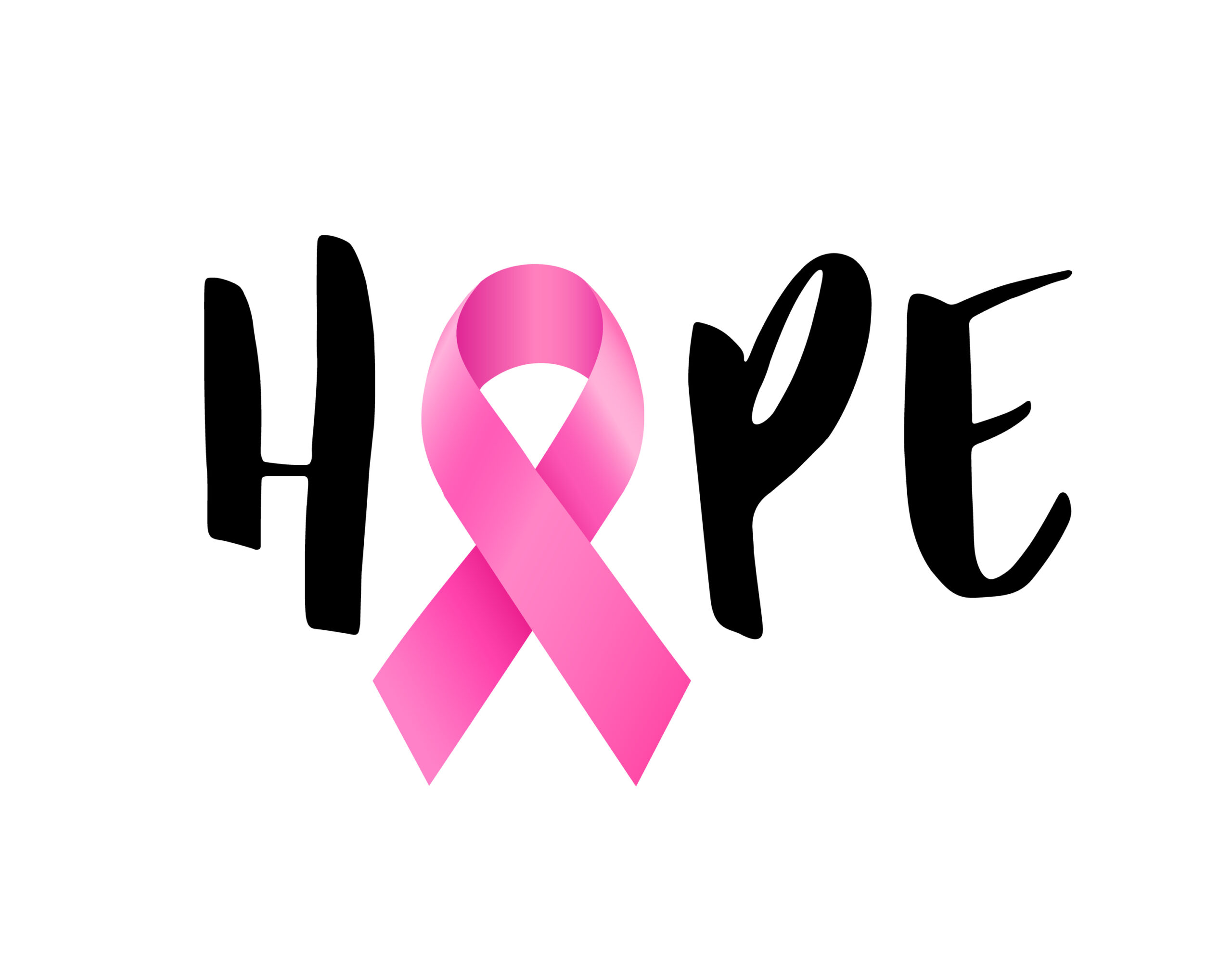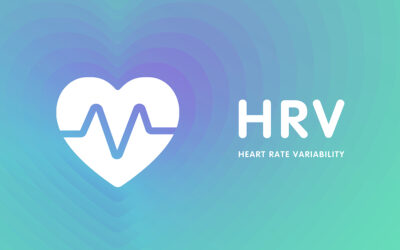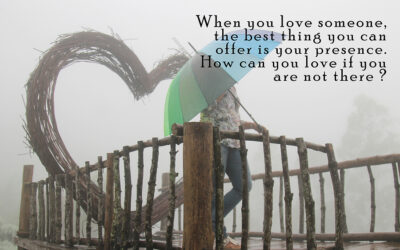What did I do wrong?
This was the first question I asked myself when I was diagnosed with breast cancer. Next, I soon asked, How could this happen to me? I have dedicated my personal and professional life to wellness. I am not supposed to get cancer!
Then came the self-doubt: My career has been focused on helping people say healthy and avoid diseases like cancer. What will people think of me now that I am sick? Will they lose confidence in me? Will they judge me or think less of me since I have this disease because they, too, believe I did something wrong?
Fortunately, my negative projections were proven wrong. When people heard about my breast cancer diagnosis, they showered me with many heartfelt wishes for recovery. Also, several other people expressed my quiet sentiment: hadn’t I been through enough and had my fair share of physical challenges? Hadn’t I learned and experienced enough on healing and overcoming obstacles? (I’d even written a book on it!) Unfortunately, it seemed like I hadn’t learned enough. Perhaps the circumstances had to change and to be even more severe for me to learn what was next.
Interestingly, when I was first diagnosed with breast cancer, I never considered that I could actually die from it. Actually, that idea just didn’t cross my mind. When making treatment decisions, I was solely focused on maintaining my body and health for the long term. It wasn’t until I went to the Huntsman Cancer Institute in Salt Lake City for radiation treatment that I realized the disease could kill me. While there, I was surrounded by others with the disease. Many people there were bald and not looking well. I also read multiple plaques around the facility that commemorated those who had passed, those who were younger or near my same age. At this point, it finally hit me.
Fortunately, though, my negative thoughts didn’t stay fixed in my mind long. I soon refocused my attention to healing.
A wise and caring acupuncturist at Huntsman assured me that cancer does not discriminate. In her many years of practice, she has seen patients of all shapes and sizes, of all ethnicities, with varying socioeconomic status and religious faiths, living in different locations–the list goes on. At one point, she told me that cancer is a multifactorial disease with many possible causes. She also said it is nearly impossible to pinpoint one. Additionally, she confided that the healthier people have the hardest time coping, both mentally and emotionally. Upon meeting her the first time, she sweetly asked me, “How are you doing with all this?” In response, I started crying. Clearly, I was not doing well! But she reassured me that it was not my fault.
Despite this reassurance, I continued looking for answers. Control is a hard thing to give up! Shortly after my lumpectomy surgery, someone very bluntly told me, “You have no control!” I had a hard time accepting that. Being a helpless victim to my circumstance would only lead to helplessness, more anxiety, and depression. Not the route I wanted to take.
When you find yourself facing a life-threatening disease despite doing everything you thought you should have done to prevent it, you want to know “why,” and you need to know how to do better in the future. Yes, the “why” may be elusive. It may be out of my control. However, going forward with my life choices, I believe there are actions I can take to reduce my chances of spread or recurrence of the disease.
I started by measuring my urine PH, which tested very acidic. The natural next step was to make dietary modifications to bring my PH into an optimal, more alkaline range. Although there is not complete consensus, many say that cancer cannot grow in an alkaline environment. True or not, a good step to take for my health.
What should I eat? Turns out this is a very difficult question to answer with lots of conflicting information. I’ve determined that if you read enough, the only nutrients that experts agree are beneficial are cruciferous vegetables—kale, broccoli, bok choy, cauliflower, brussel sprouts . . . Some experts even shun fruits and whole grains because of the high sugar content in fruit and the fact that grains can be converted into sugar. Cancer loves sugar! Cancer thrives and grows when more sugar is present in the body.
After I drastically eliminated foods in my diet, tried to eat Vegan, and lost several pounds, I knew I had to come to grips with my eating. Fortunately, Huntsman leads the way in integrative wellness services for cancer patients. During my second appointment at the wellness center, after acupuncture, I had a consultation with the nutritionist. She helped me determine a manageable plan for eating. I was fascinated to find out that even at this prestigious institution, which is connected to the cutting edge research at the University of Utah, the medical staff gave inconsistent recommendations. In other words, there was no hard-and-fast rule about any of this.
I could pretty easily examine and change my PH and diet. However, although helpful to make changes, they were probably not the most important lifestyle factors I needed to examine. So, when my nutritionist heard about my diet, which already included her recommendations, she said, “Your cancer is probably not related to your diet.”
STRESS. That was the lifestyle factor I needed to look at. Being diagnosed with breast cancer and going through the related tests and treatments had made it clear that I have a problem with anxiety. My husband stated what I had to do: “You need to get a handle on your stress.” He was right. But how? What was causing my stress?
 In my search to answer these questions and to find the “why” behind my cancer, I looked into many sources. One piece of information—that stretched my boundaries of science and facts—came from Louise L. Hay. In her book, Heal Your Body A-Z, she notes that one main thing causes breast problems:
In my search to answer these questions and to find the “why” behind my cancer, I looked into many sources. One piece of information—that stretched my boundaries of science and facts—came from Louise L. Hay. In her book, Heal Your Body A-Z, she notes that one main thing causes breast problems:
“A refusal to nourish the self. Putting everyone else first.”
She advises readers to make one major change:
“Take in and give out nourishment in perfect balance.”
This deeply resonated with me. Maybe with you, too? I know many, many friends and clients who suffer from this same affliction. Perhaps it’s a reason why breast cancer is so common, currently impacting one of every eight women.
“I am a giver!” A good friend of mine likes to say this, always with sarcasm. It’s accurate, though. For example, in my life, I give a lot—to family, friends, clients, dogs, and community. Unfortunately, I don’t balance my giving of love, compassion and empathy to others with receiving these caring emotions for myself. This is much harder than changing my diet. I am now learning how to receive kindness and generosity from others and to give the same to myself.
My time at Huntsman provided the perfect environment for me to practice this new behavior. Although it was hard, I started asking my sister-in-law and my friends in the Salt Lake City/Park City area for support and care-giving. And because I had the courage to ask, they all supported me throughout my radiation treatment.
Additionally, I took daily advantage of Huntsman’s many supportive and nurturing wellness services, such as acupuncture, massage, music therapy, mindfulness classes, exercise testing and prescription, art therapy, exercises classes and the resource library. Thus, my main objective was to teach my nervous system how to relax and switch into the rest and digest, parasympathetic state–which elicits the relaxation response–as much as possible. It felt good to be calm for once.
After being diagnosed with a severe disease that affected a very personal and private part of my body, one that physically and psychologically scarred my feminine identity, and after making profound lifestyle changes and undergoing drastic treatments I hoped never to consider—I am back home, attempting to regain a sense of “normalcy” in my life. But nothing is normal after you have cancer. Another dear friend, also a cancer thriver, calls it the “new normal.” I am still figuring out what that looks and feels like for me. What I do know now: In my “new normal,” I will fill my life with much more self-care, meditation, gratitude, mindfulness and joy!



